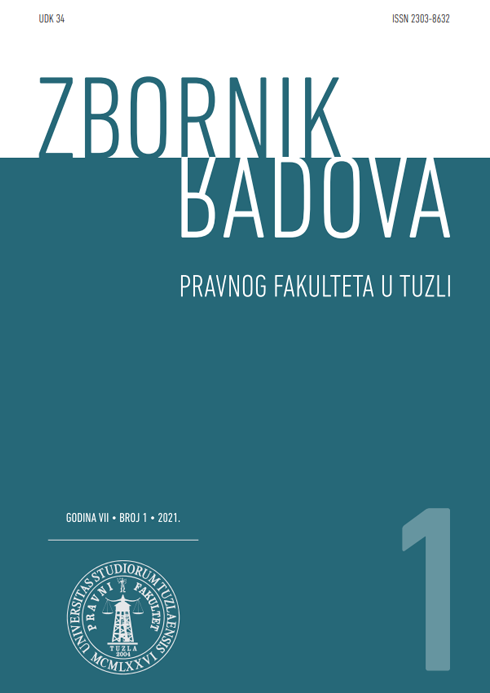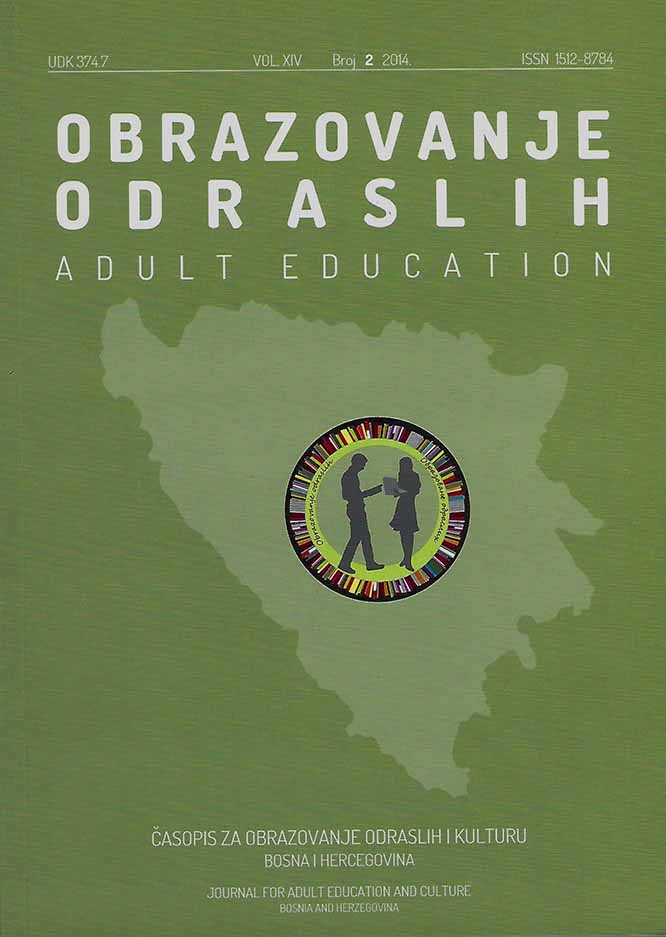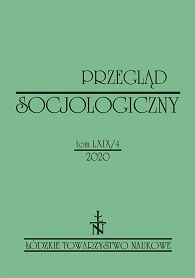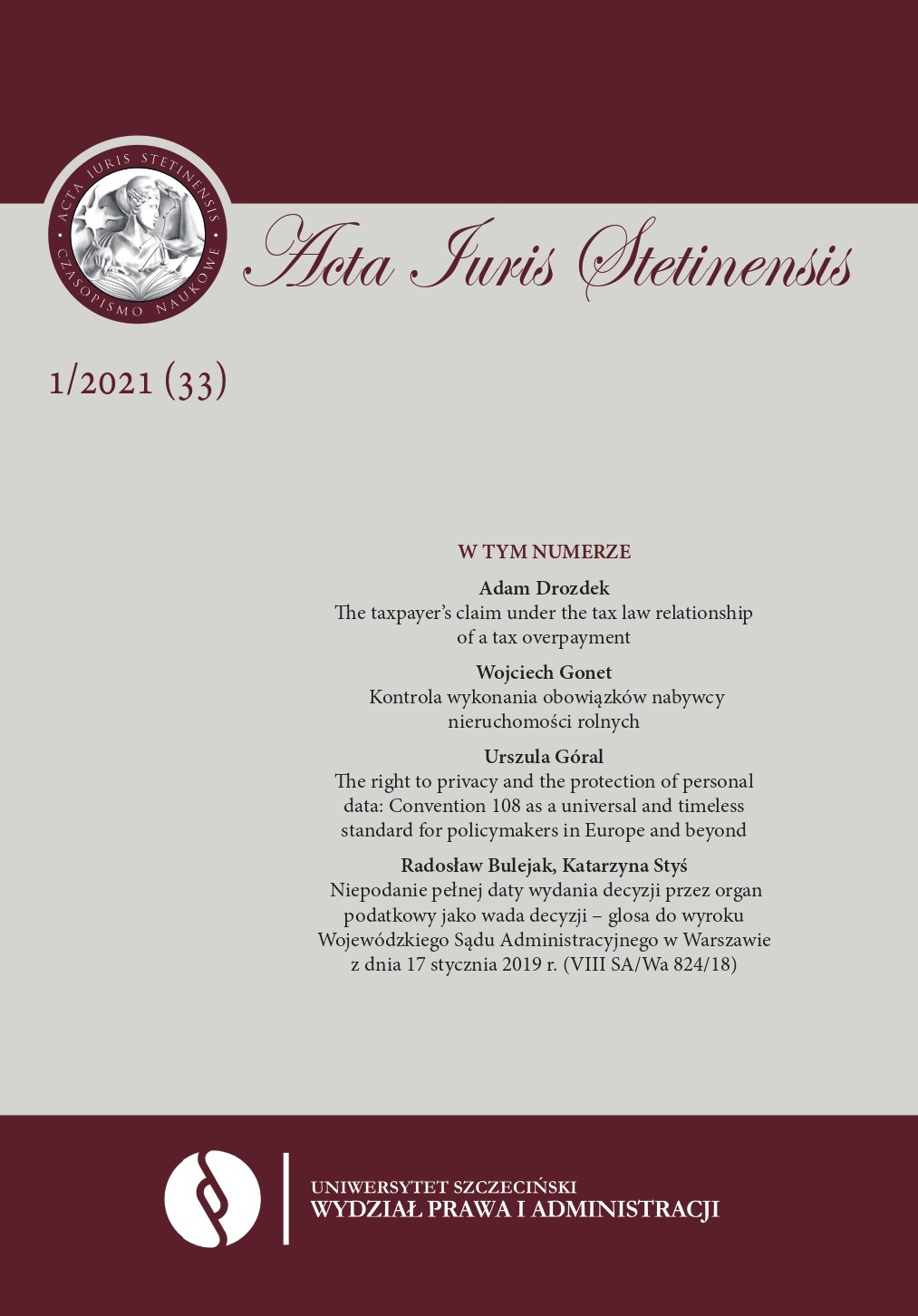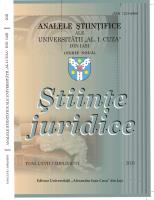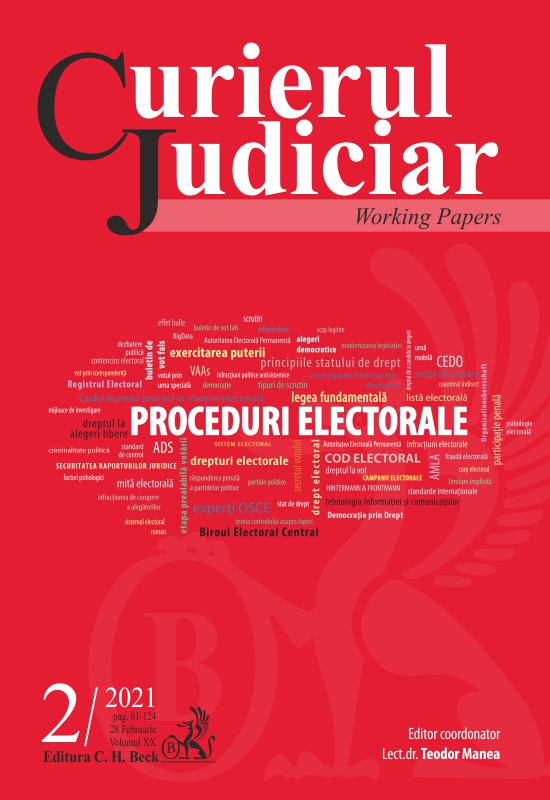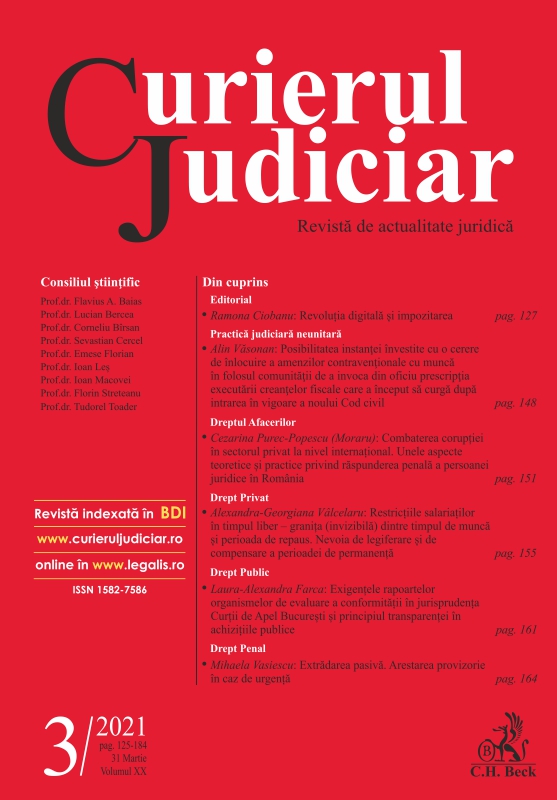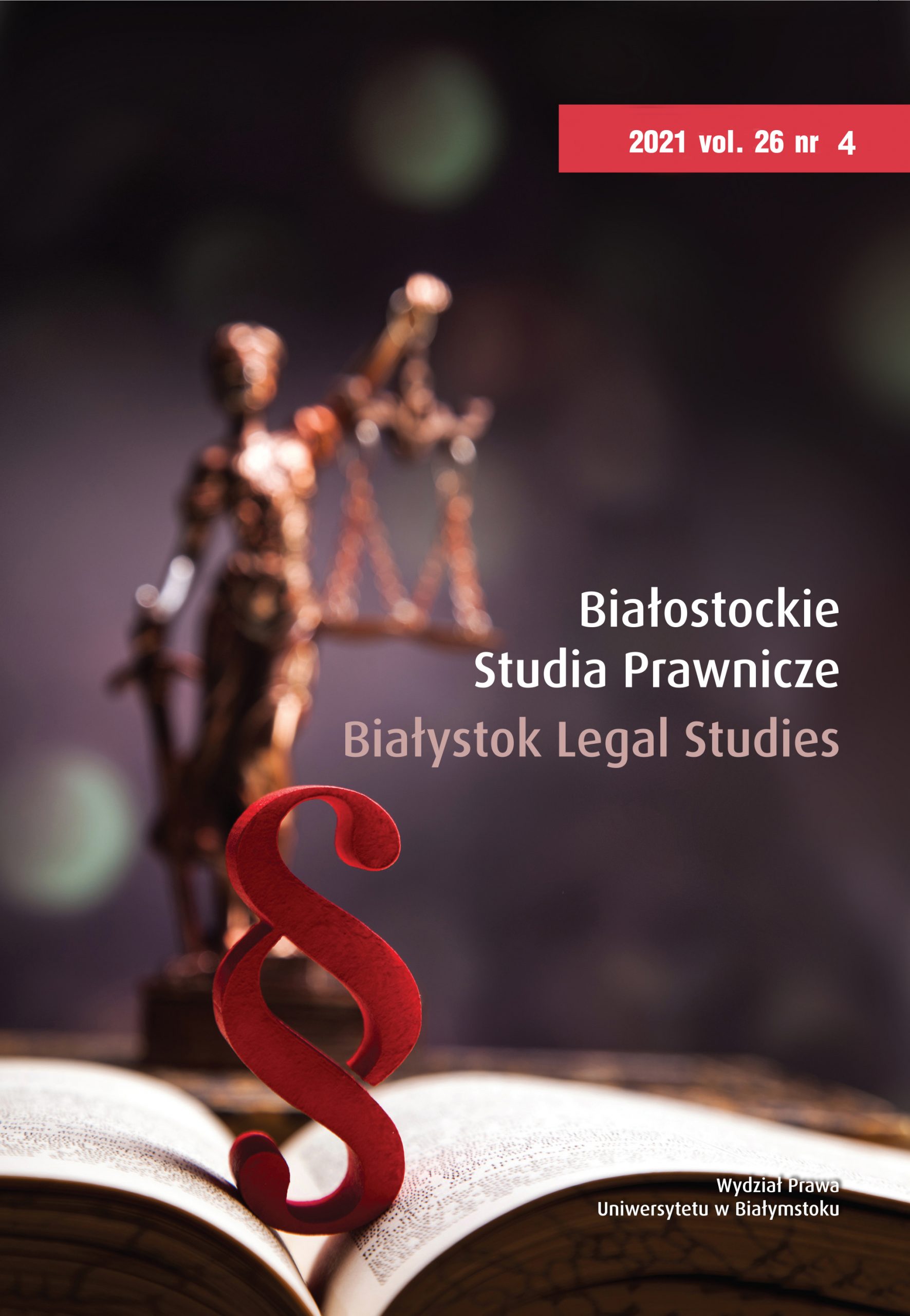
Current Problems of Financial Law in Poland and in the Czech Republic Including Effects of the COVID-19 Pandemic
It should be clearly stated that current pandemic of the COVID-19 virus has significantly impacted the public finances of many countries and considerably influenced the functioning of world’s economy. Allocation of public resources to prevent, or counteract, negative effects of the pandemic has taken various forms. Regardless of the extraordinariness of this situation, the possibility to use aid instruments depends on legislative changes and, thus, on the prior passing of appropriate legal provisions, since they determine the rules based on which these instruments are implemented. Poland, and the Czech Republic, have taken proper actions to combat the COVID-19 pandemic. Referring to the experience of both of these countries, it should be noted that legal and financial solutions used to counteract the pandemic have not always been conducted in accordance with constitutional norms, established financial law rules, or principles of conducting financial economy in the public finance sector. The Authors of this article, while evaluating these solutions, have decided to indicate certain general trends happening in the current financial law, which, unfortunately, are not always positive.
More...
